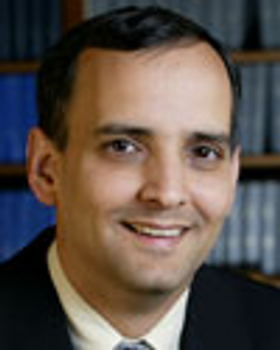Focal Dystonia Overview
Learn About Focal Dystonia
View Main Condition: Movement Disorders
Cleveland Clinic Main Campus
Hubert Fernandez is a Neurologist in Cleveland, Ohio. Dr. Fernandez is rated as an Elite provider by MediFind in the treatment of Focal Dystonia. His top areas of expertise are Movement Disorders, Parkinson's Disease, Drug Induced Dyskinesia, Deep Brain Stimulation, and Gastric Bypass. Dr. Fernandez is currently accepting new patients.
Emory Brain Health Center
Hyder Jinnah is a Neurologist in Atlanta, Georgia. Dr. Jinnah is rated as an Elite provider by MediFind in the treatment of Focal Dystonia. His top areas of expertise are Benign Essential Blepharospasm, Drug Induced Dyskinesia, Focal Dystonia, Torticollis, and Deep Brain Stimulation. Dr. Jinnah is currently accepting new patients.
Duke Neurology Morreene Road
Noreen Bukhari-Parlakturk is a Neurologist in Durham, North Carolina. Dr. Bukhari-Parlakturk is rated as a Distinguished provider by MediFind in the treatment of Focal Dystonia. Her top areas of expertise are Focal Dystonia, Movement Disorders, Drug Induced Dyskinesia, and Parkinson's Disease. She is board certified in American Board Of Psychiatry/Neurology, Neurology. Dr. Bukhari-Parlakturk is currently accepting new patients.
Summary: The goal of this clinical trial is to evaluate if supplemental zinc can prolong the duration of benefit of botulinum toxin injections in cervical dystonia patients receiving care at the University of Florida. The main aims are: 1. To evaluate the efficacy of zinc citrate supplementation in prolonging the duration of symptom relief provided by botulinum toxin type A (Botox) injections in cervical d...
Summary: The primary goal of this clinical trial is to examine the effects of cervical vibrotactile stimulation intensity on abnormal head posture in people with cervical dystonia. The main question is: Does higher vibration intensity correct head posture to a greater extent than lower vibration intensity? Researchers will compare the head posture of participants with cervical dystonia who receive differen...


